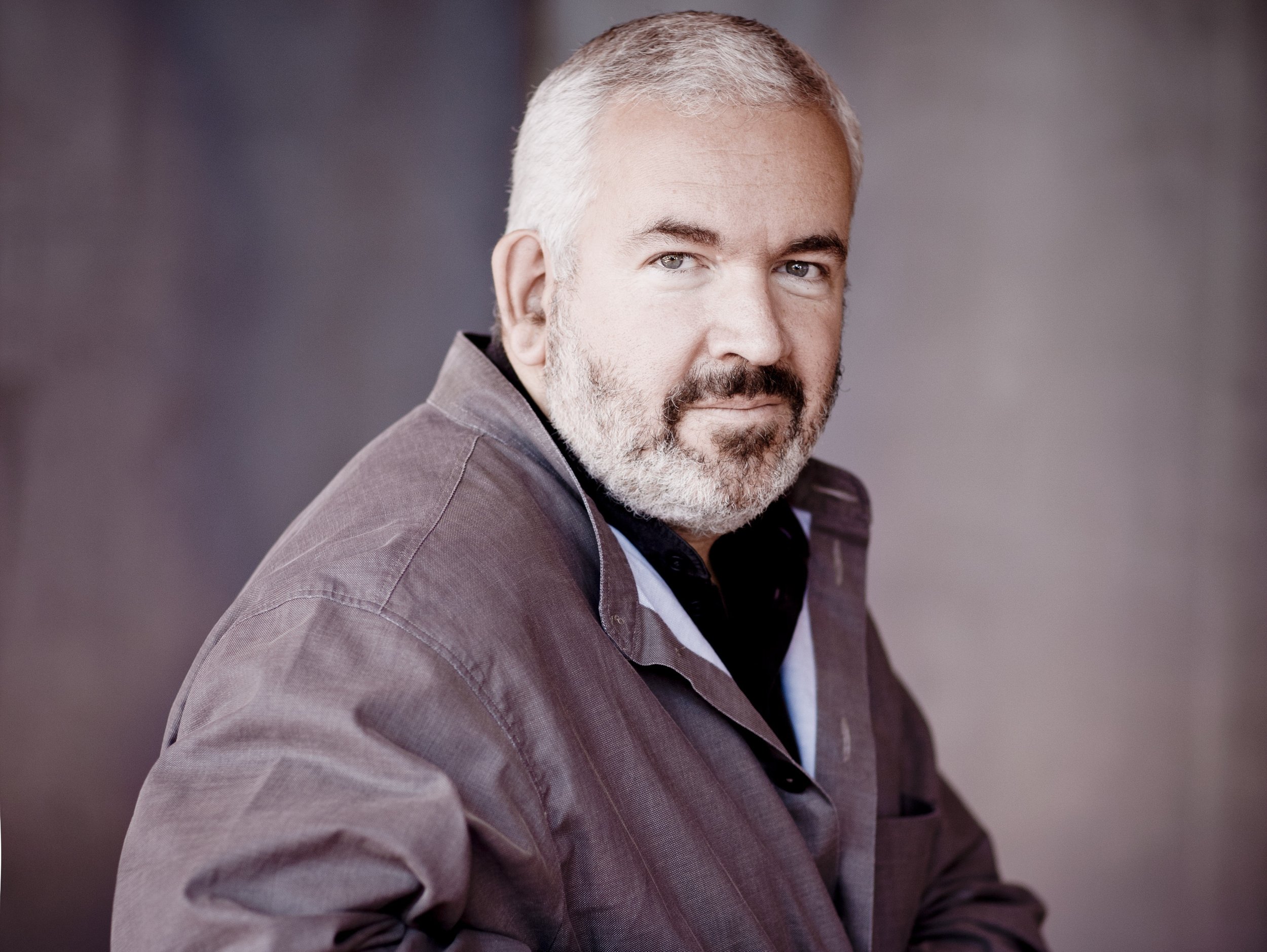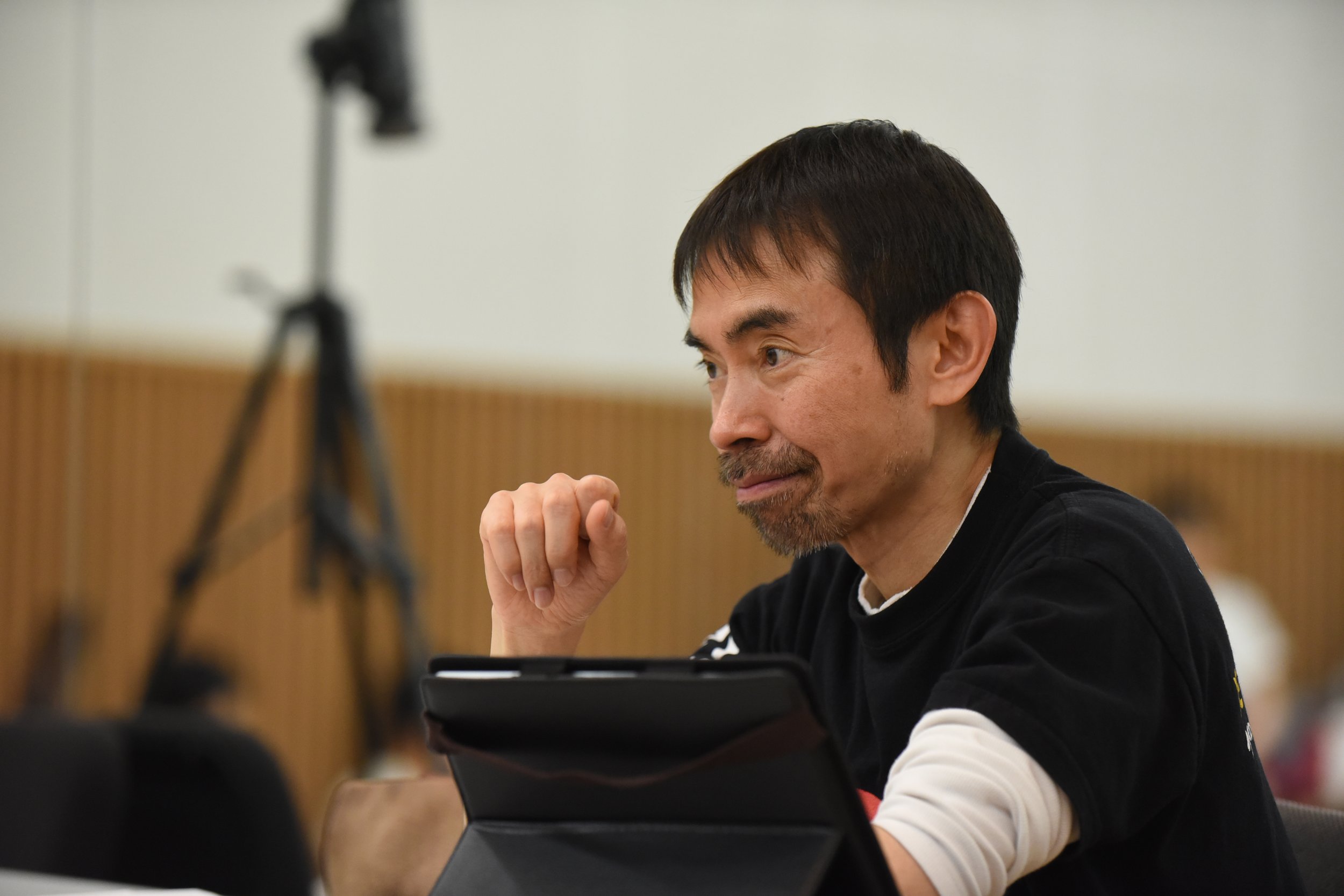Premiering December 4th: Mozart’s MITRIDATE, RE DI PONTO
Directed by Satoshi Miyagi and conducted by Marc Minkowski – with Pene Pati in the title role
Wolfgang Amadeus Mozart was only 14 years old when he was commissioned to compose a large, full-length opera seria, »Mitridate, Re di Ponto«, for the Teatro Regio Ducale in Milan. Many significant composers had previously created works for this opera house, which enjoyed a high reputation throughout Europe. Mozart joined their ranks with a remarkable opera based on a play by Jean Racine, the French dramatist of tragedies.
The story of a declining king and warlord, whose two very different sons are in love with the same woman – who also happens to be the father’s bride – inspired Mozart to create a music of great pathos, strong passions and profound emotions. While he drew on tradition, the score already showed a musical calibre that more than hinted at what was to come. The world premiere in late 1770 was a triumph for the young composer. A Japanese production team led by director Satoshi Miyagi suffuses Mozart’s »Mitridate« with a magical ambience and brings different worlds together.
Satoshi Miyagi makes his debut at the Staatsoper with the production, which was originally planned for the 2020/21 season. Junpei Piz is responsible for the stage design, Kayo Takahashi Deschene is responsible for the costumes and Eri Fukazawa is responsible for the wall design. The choreography is by Yu Otagaki.
The ensemble includes Pene Pati (Mitridate), Ana María Labin (Aspasia), Angela Brower (Sifare), Paul-Antoine Bénos-Dijan (Farnace), Sarah Aristidou (Ismene), Sahy Ratia (Marzio) and Adriana Bignagni Lesca (Arbate). Les Musiciens du Louvre will play under the musical direction of Mozart specialist Marc Minkowski, who released a highly acclaimed CD recording of MITRIDATE, RE DI PONTO last year.
Marc Minkowski
Marc Minkowski founded Les Musiciens du Louvre in 1982. He initially dealt with French baroque music and Handel and then expanded the repertoire with works by Mozart, Rossini, Offenbach, Bizet and Wagner. He also founded the Ré majeure festival in 2011. In 2016 he was appointed general director of the Opéra National de Bordeaux and from 2013 to 2017 he was also artistic director of the Salzburg Mozart Week. Marc Minkowski regularly conducts at the most renowned opera houses in Europe and stands at the podium of important orchestras. At the Staatsoper he was a guest at the IV subscription concert of the Staatskapelle Berlin with Robert Schumann's oratorio »Paradise and the Peri« in February last year.
Satoshi Miyagi
Born in Tokyo in 1959, Satoshi Miyagi studied art at the university in his hometown with Yushi Odashima, Moriaki Watanabe and Hachiro Hidaka. In 1990 he founded the theater company Ku Naʼuka and began directing overseas. In his art, he often brings together contemporary text interpretations with physical techniques and patterns of Asian theater. This art is recognized worldwide; Satoshi Miyagi won both the 3rd Asahi Performing Arts Award and the 2nd Asahi Beer Art Award. Since joining the Shizuoka Performing Arts Center (SPAC), Satoshi Miyagi has staged many of his own works, including MEDEA, MAHABHARATA and PEER GYNT. Driven by the idea of making theater a window on the world, he has also started a new SPAC project for Shizuoka's youth. In 2014 his version of MAHABHARATA was well received at the Festival d'Avignon. As a result, the first version of ANTIGONE based on an Asian - Buddhist - conception was allowed to be performed there at the opening of the 2017 festival in the Palais des papes. In 2018, Satoshi Miyagi was awarded the 68th Art Encouragement Prize and the »Chevalier de l’Ordre des Arts et des Lettres« by the French Ministry of Culture.
The directing team leaves the events of the Pontic king Mithridates VI. (ca. 132 to 63 BC), who fought in a series of wars against the Roman Empire, are set against the background of the conflict between Japan and the USA in World War II, without however establishing clear parallels. The message that peace and reconciliation should take the place of revenge is at the heart of his directing work, which he developed out of the spirit of Japanese kabuki theatre. Stylistic elements of Far Eastern theater cultures flow in and give Mozart's opera seria an extraordinary character, both in terms of visual appeal and in the way the characters are guided and characterized.




